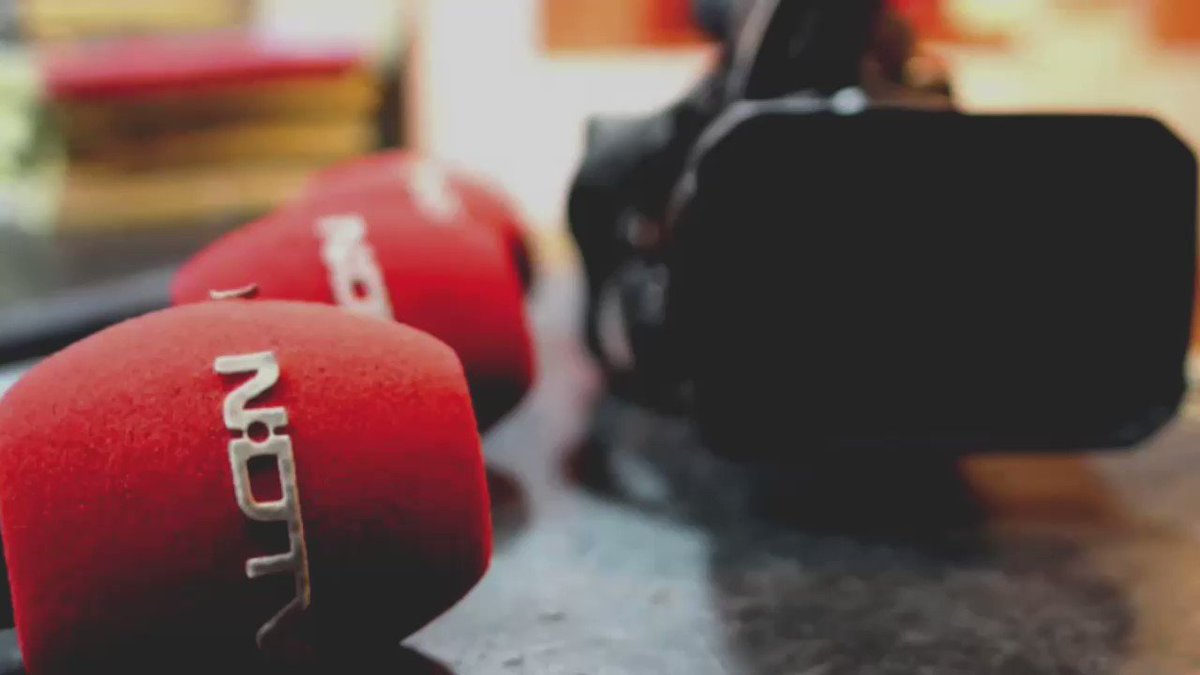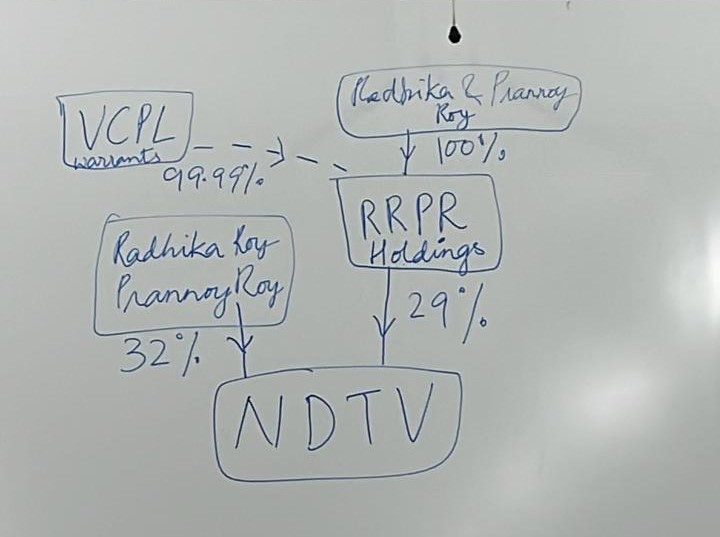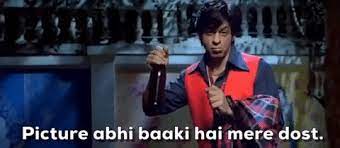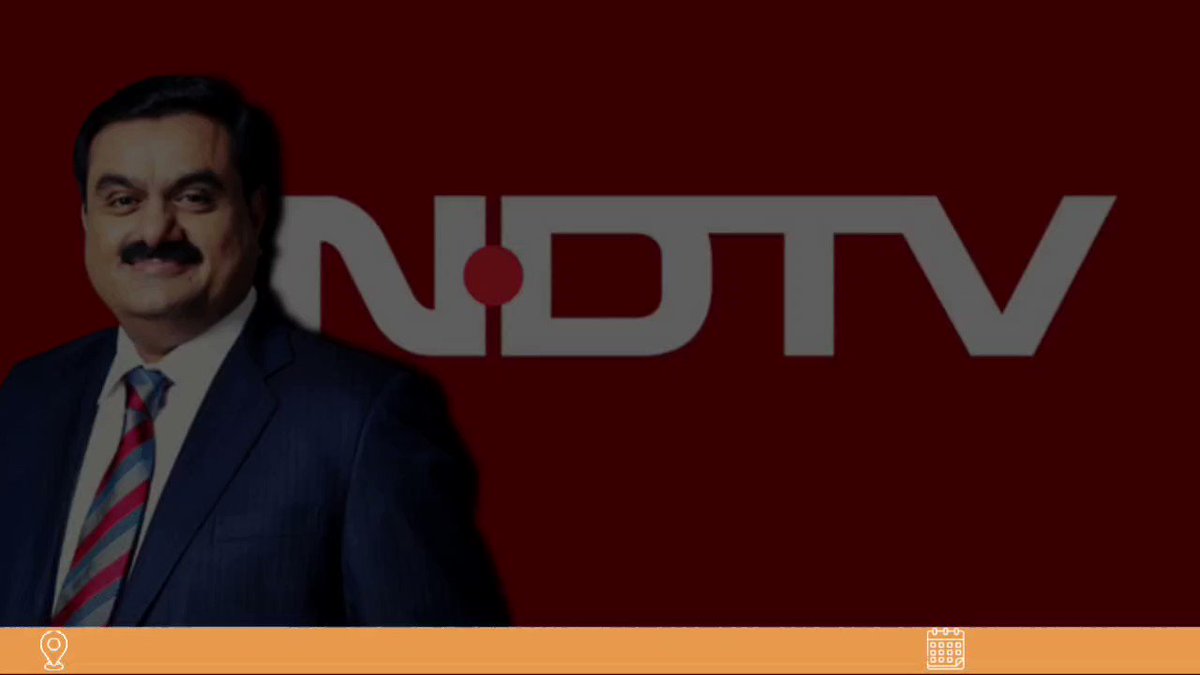Navneeta Nandan
5:32
5:36
5:37
5:37
5:39
5:40
5:41
5:41
5:42
5:43
5:44
5:48
5:51
5:51
5:53
5:53
5:54
5:57
5:58
5:58
5:59
6:00
6:02
6:03
6:05
6:05
6:08
6:10
6:11
6:12
6:13
6:14
6:15
6:17
6:17
6:19
6:22
6:24
6:24
6:28
Connecting…














